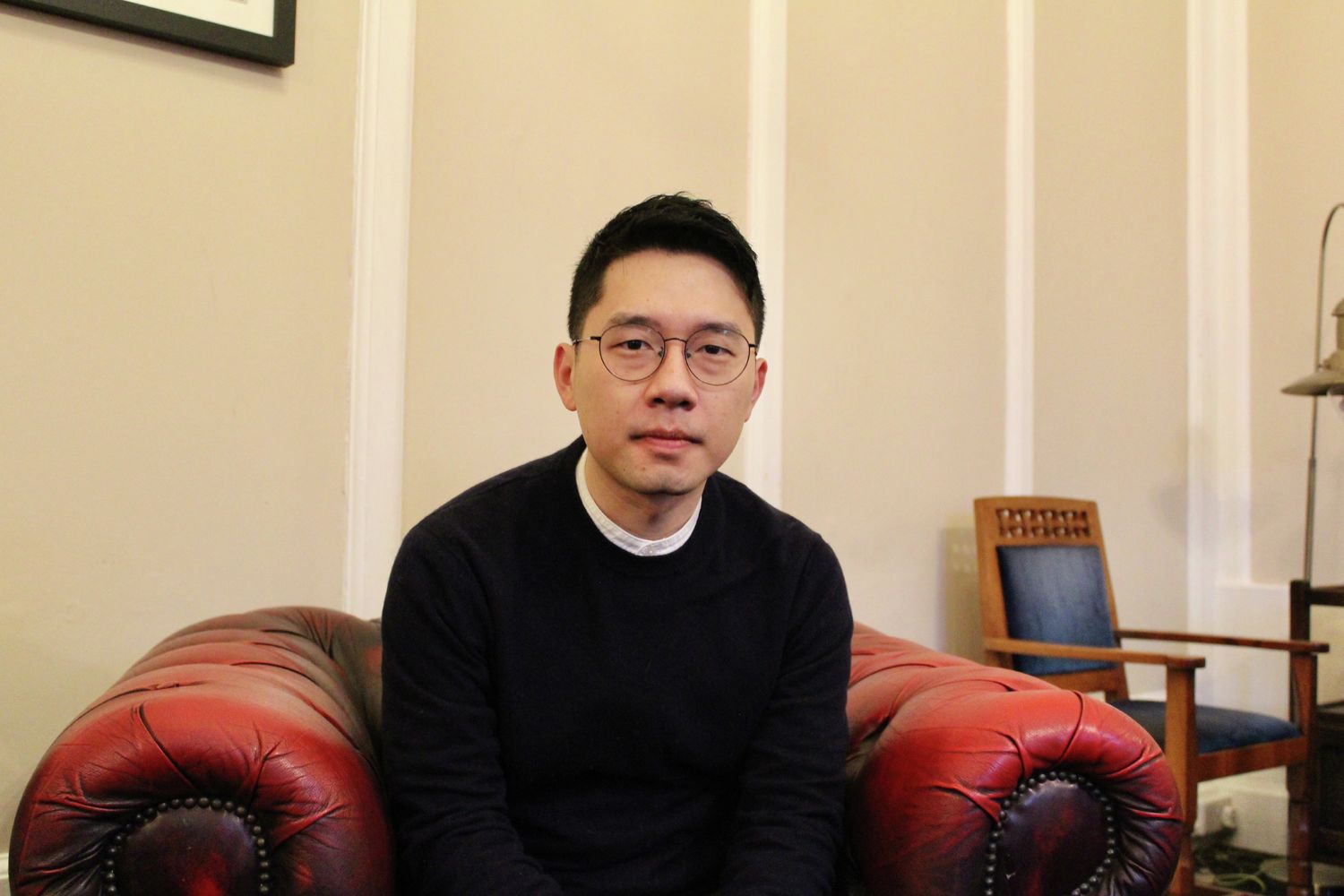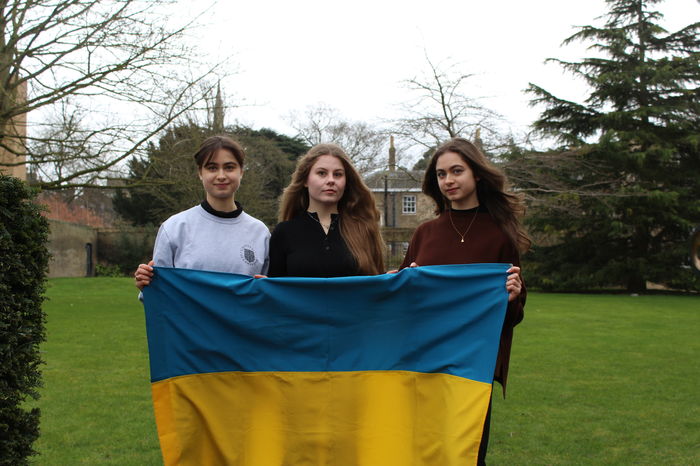Few people have a £100,000 bounty on their head. Even fewer face it with Nathan Law’s quiet composure – reflective, humble, almost resigned to the weight of his circumstances.
“I’m fairly typical,” he insists. “I never wanted to be a politician.” Yet Law has become one of Hong Kong’s most prominent pro-democracy voices. Now living in exile in the UK, he first rose to prominence in 2014 as a student leader during the Umbrella Movement, a mass student protest against Beijing’s reforms to strip Hong Kong of its promised political autonomy by ensuring its leaders remained loyal to the Chinese state.
“Growing up, my family told me to never get involved in politics and never mess with the Chinese [Communist] Party.” But as president of the Lingnan University Students’ Union, he found himself thrust into leadership. “I was in a place where I had to take leadership. It was both extremely difficult and extremely empowering. For a rookie like me, it was a really overwhelming experience. There were moments where I was hesitant [about having this position] but I had to make a snap decision to stay and carry on.”
At 23, Law became the youngest-ever legislator in Hong Kong’s Legislative Council, only to be disqualified and jailed for his activism a year later. “The pathway to politics seemed locked – they didn’t just bar you; they made it clear that if you ran again, you’d be disqualified.”
“I was in a place where I had to take leadership. It was both extremely difficult and extremely empowering”
After his release, he stepped away from politics, returning to his studies and even exploring other careers including playwriting. “I had to learn to let go, to stop obsessing myself over these terrible things happening in politics and to just live a normal life until I was recharged,” Law says. “I have retreated from frontline politics many times – because of my mental health condition, because of threats and pressure.”
When Beijing imposed the National Security Law in July 2020, he knew he had no choice but to flee. He was granted political asylum in the UK in 2021, but others weren’t as fortunate, with fellow activists Joshua Wong and Ivan Lam remaining behind bars. Meanwhile, in Hong Kong, Law’s face still lingers, plastered on wanted posters across ports and railway stations, a reminder of the price he has paid for speaking out.
“A lot of my friends and family members were harassed in Hong Kong,” he says. Fearing collective punishment – something he notes has “increased in recent years” – he has been forced to cut ties with loved ones to keep them safe.
Exile has brought both freedom and limitations. “I’ve already accepted my influence will be fading. Politics is local, and social movements are driven by those directly facing oppression.” Still, Law continues to advocate, writing, speaking, and amplifying voices from Hong Kong. “The only way to keep yourself grounded when you are constantly giving is to think and write some more until I get new insights.”
The bounty on Law’s head, issued in July 2023 at HK$1 million for “secession and collusion,” also restricts travel and career opportunities. “I want to be resilient, but sometimes I’m not.” His activism, he suggests, is a balancing act. “I see activism like the dynamics of playing a rubber band. If you go too far, the rubber band will break. If you go too slowly, then you’re unable to generate enough momentum.”
“If Hong Kong being free can eclipse what I’ve accomplished, that would be awesome”
This balancing act, he recognises, is one that UK universities must also undergo when addressing Chinese state influence. “It’s a very delicate balance, especially when the financial situation of UK universities is not good. There’s no one-size-fits-all solution. But universities should be transparent,” he says.
Last month, it was reported that Cambridge received between £12 million and £19m from Chinese entities between 2020 and 2024. A week later, it was found that a CCP-linked businessman from Hong Kong donated “up to £4.9m” to the University.
For Law, one thing is even more important: Chinese students studying abroad should not have to live in fear. “One thing I’m quite pissed off about is many Chinese students don’t enjoy freedom of speech in universities because of some accepted open secrets – that an extended body of the Chinese state will spy or monitor them.”
He recalls a student from Shanghai who wanted to attend his talk at Yale but feared repercussions. “That trouble could be visa issues or even his family’s safety in China if he was spotted. The idea of them [students] being afraid is real, and it puts a lot of pressure on them; they can no longer speak freely, even though they are in a country that supports academic freedom.”
Beyond campuses, he is wary of shifting global politics. “The political dynamics are always changing, and we have recently seen the warming up of UK-China relations under the Labour government,” he notes. “I think analysts find this strange and weird, as the regime is using the UK as a platform to warm up relations with Europe while alienating ties with the US to achieve its goals.”
Within this context, Law remains realistic about the future of Hong Kong. “I’m not convinced Hong Kong will be free in five years, even ten years, but I hope,” he says. Yet hope, for him, is not passive – it is a commitment to continue fighting, even from exile. “If Hong Kong being free can eclipse what I’ve accomplished, that would be awesome because so many others are doing incredible things.”
“I don’t want to be known as a rebel who did his best but still failed.” Instead, he envisions a future where activism is no longer necessary, where Hong Kong’s freedom speaks louder than any individual name. “I want my legacy to be invisible.”
Want to share your thoughts on this article? Send us a letter to letters@varsity.co.uk or by using this form.


